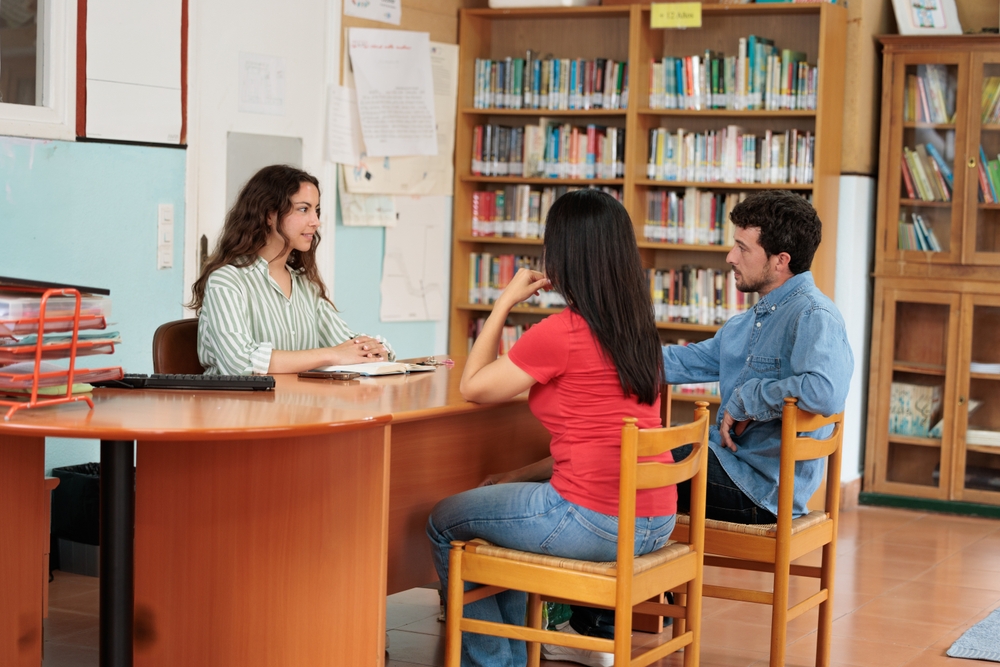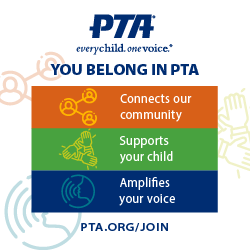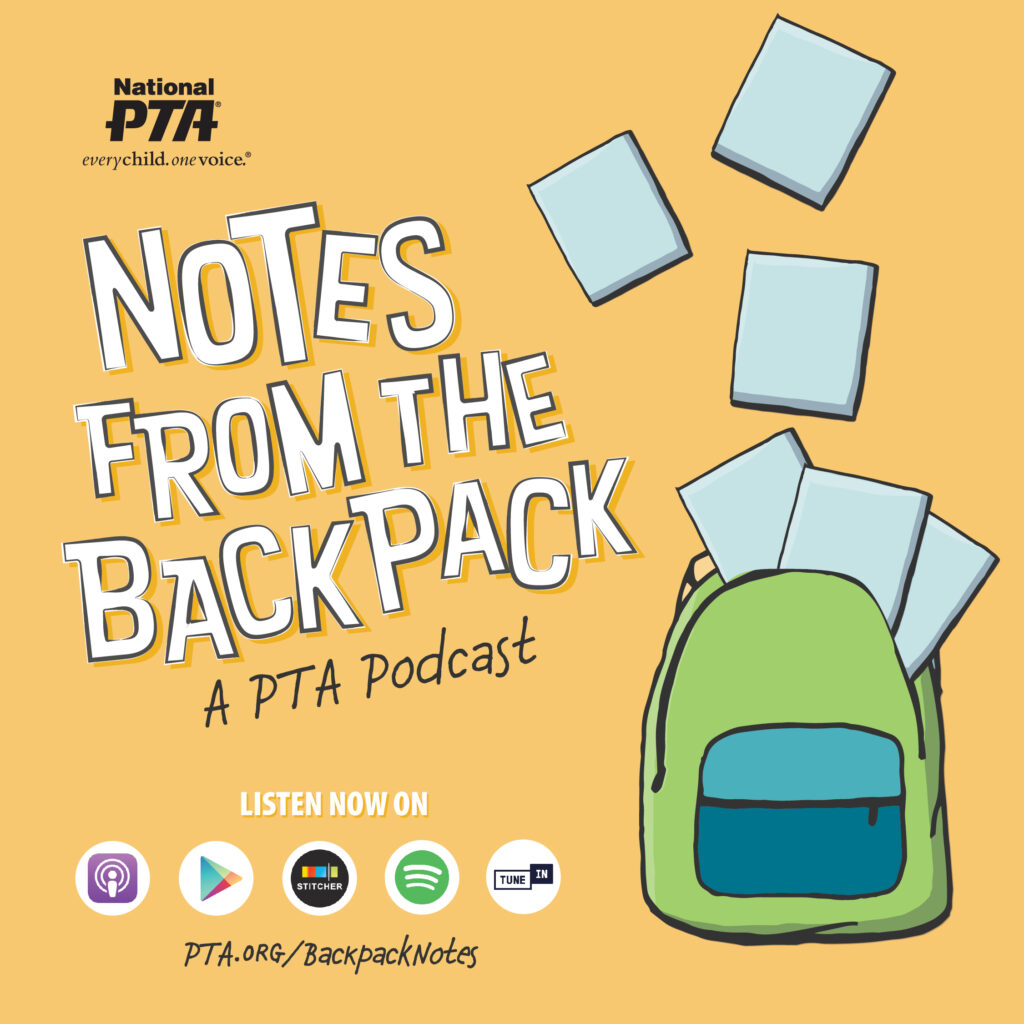Outside of parent-teacher conferences and back-to-school nights, there may not be many opportunities to talk to your child’s teacher.
But building and maintaining open lines of communication with your child’s teacher is one of the most important ways to support their academic and emotional growth. When parents and teachers stay connected, small concerns can be addressed before they become bigger issues, successes can be celebrated together, and a consistent message can be shared with your child about the value of learning.
Open communication fosters trust, strengthens the family-school partnership and helps ensure that everyone is working toward the same goal—your child’s success. Here are a few simple tips to help keep that conversation flowing all year long.
Start with Open Communication
Introduce yourself early in the school year and let the teacher know you want to be a supportive partner. Provide your preferred way to communicate (email, phone or app) and be responsive when they reach out.
Stay Engaged
Be involved in your child’s learning—review assignments, attend school events and volunteer when possible—but allow the teacher to guide instruction and classroom management.
Share Helpful Information About Your Child
Teachers appreciate insight into a child’s strengths, challenges or circumstances that may affect learning or behavior. Keeping them informed helps them provide better support.
Check In Regularly (Not Just When There’s a Problem)
Don’t wait until a concern arises. Brief, positive check-ins throughout the year help build rapport and show that you’re invested in your child’s learning progress.
Discuss Issues or Concerns Early
If anything is happening at home that could impact your child, share that with their teachers. They will appreciate the insight, and can support your child as they work through any stress or emotional stumbling blocks.
Stay Respectful
If you want to discuss issues that you feel your child is having at school, stay respectful. It’s best to phrase questions to your child’s teacher as an observer, not a peer. Saying that you notice they are having homework trouble—or that they seem more anxious after an interaction on the playground—is less loaded than saying “my kids are having trouble with your assignment” or “my child told me they are being bullied.”
Really Listen to What the Teacher is Saying
It’s easy to feel threatened by advice your child’s teacher might provide: outside of you and your spouse, they likely have the most intimate knowledge of your child’s strengths, weaknesses and personality quirks. Instead of ignoring the advice they give, realize that your teacher wants to improve your child’s experience as much as you do. Listen to what they are observing, then ways to work together to help your child overcome any issues.
Show your Appreciation
A simple thank-you note or kind word can go a long way to show your appreciation for everything teachers do for your child. Recognize their efforts and respect their time—a handwritten thank-you note, bouquet of flowers, or a sweet treat will go a long way towards building the bond between you and the teacher.


















